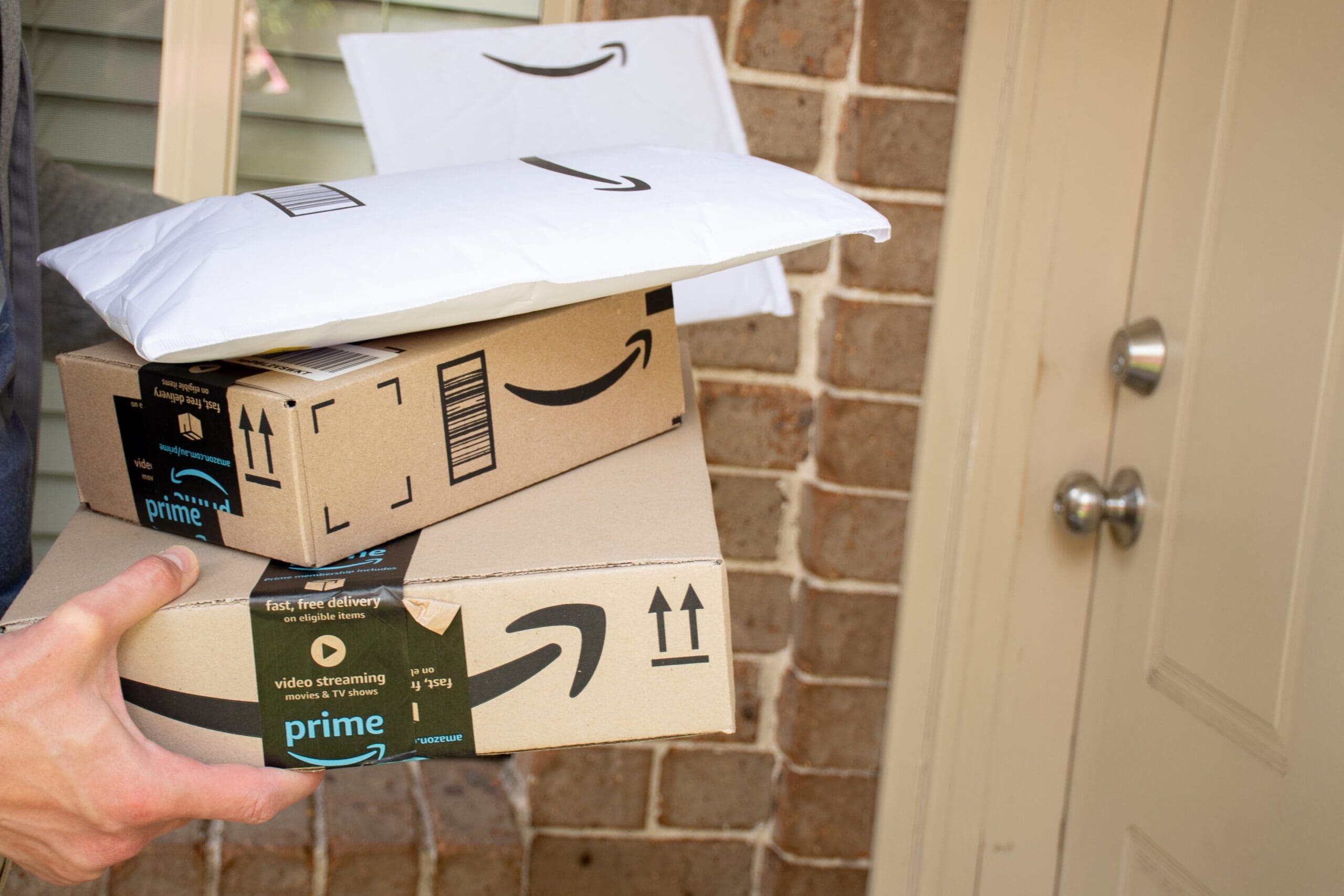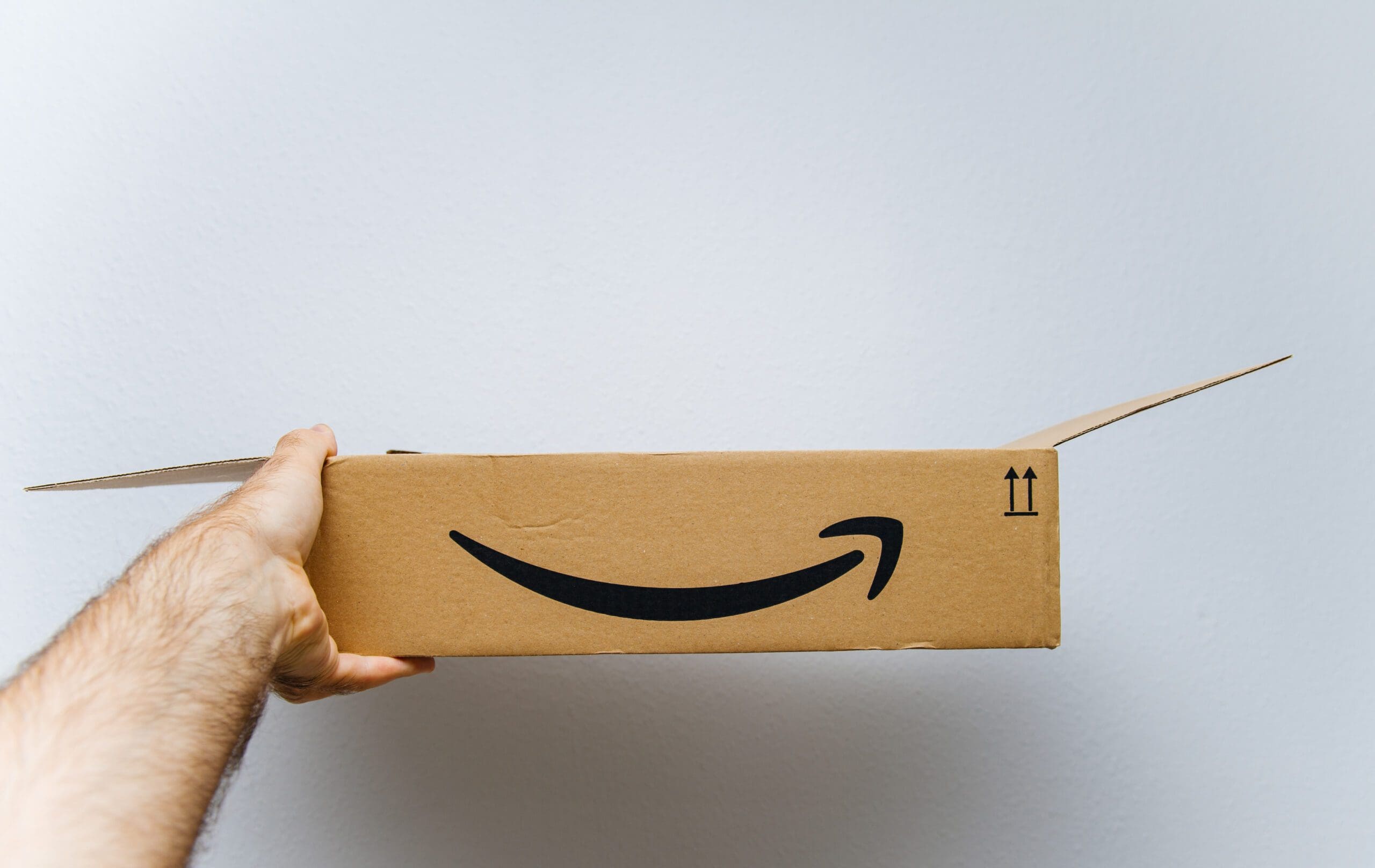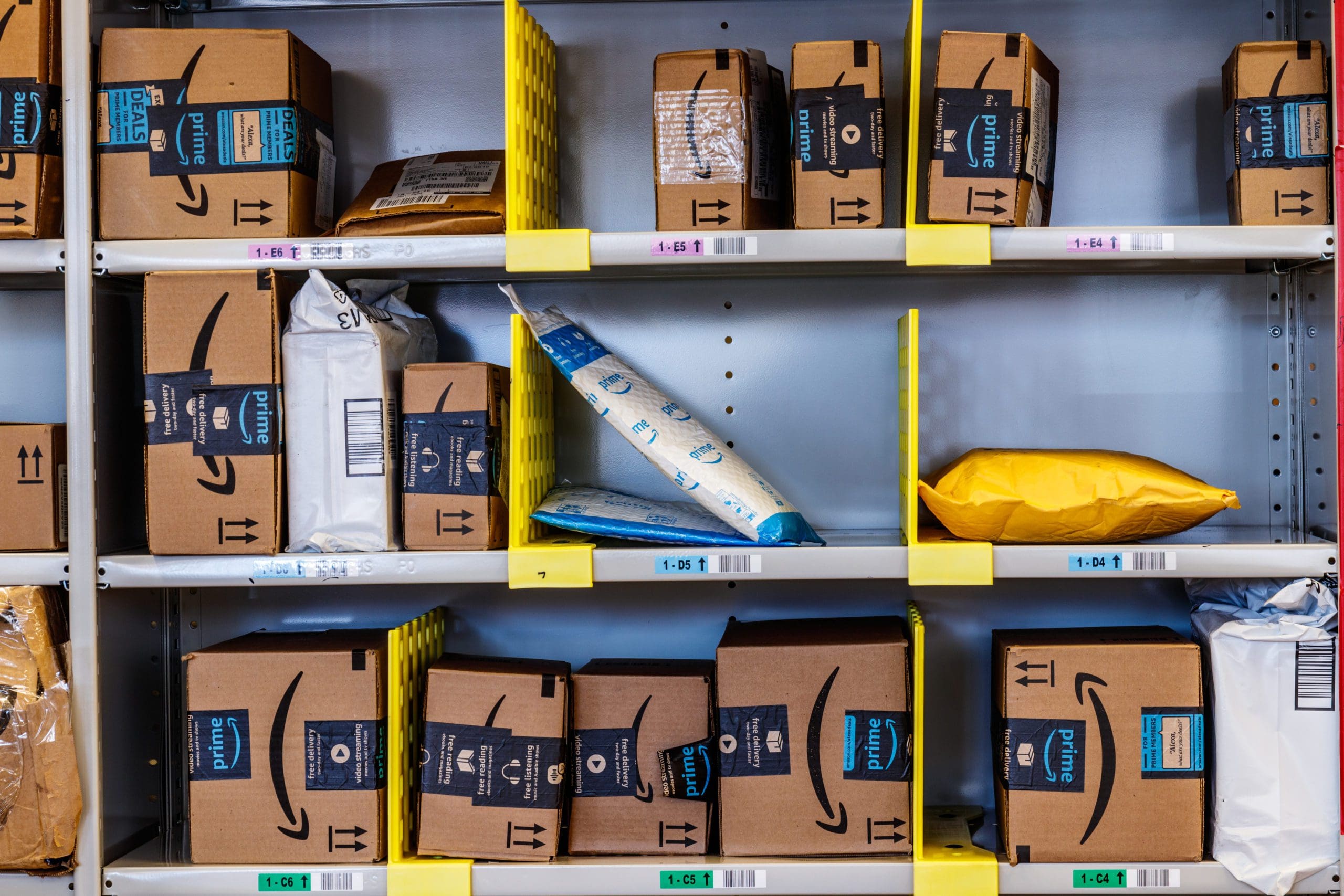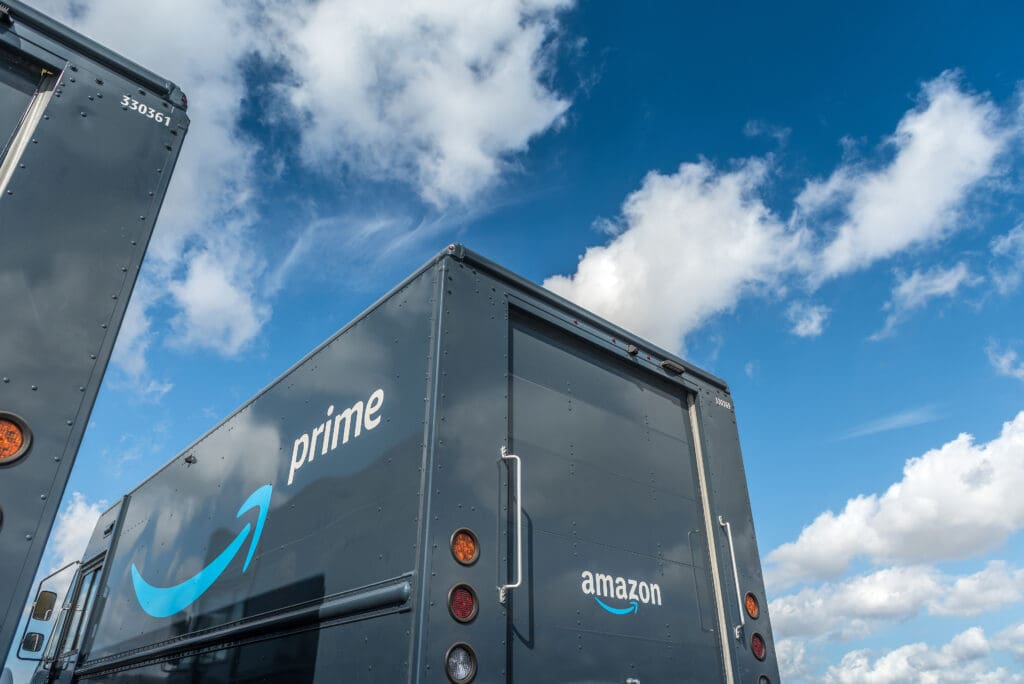In mid-August of 2021, many Amazon merchants and vendors received an ominous letter from a third-party site warning them of the following:
“We’re reaching out to a small group of our sellers to make them aware of a package of legislative proposals, currently in Congress, that is aimed at regulating Amazon and other large technology companies,” the email states. “It is early in the process and the bills are subject to change, but we are concerned that they could potentially have significant negative effects on small and medium-sized businesses like yours that sell in our store.”
Because this email didn’t come directly from Amazon, many speculated it was a scam. But it wasn’t. In fact, quite the opposite, Amazon was so serious that this email requested follow-up phone calls with sellers, meant to forewarn (some might say intimidate) third-party sellers of a future that might be the extermination of “Amazon life as we know it.” To exacerbate the confounding situation even more, a dedicated website was issued to the public for sellers and vendors to stay informed of any progress, changes, or implementations.
Here’s what you need to know about the 6 bills introduced in the Anti-Trust Tech bill and what it really means (if anything) for third-party sellers.
What is the Anti-Trust Tech Bill?
In early June of 2021, House legislatures introduced sweeping antitrust legislation (a total of 6 bills) aimed to dismantle the power of companies like Amazon, Apples, Facebook, and Google to prevent them from advertising their own company on their own platform in ways that impede other sellers’ success in marketplaces that can be construed as a monopoly in many skeptics’ eyes.
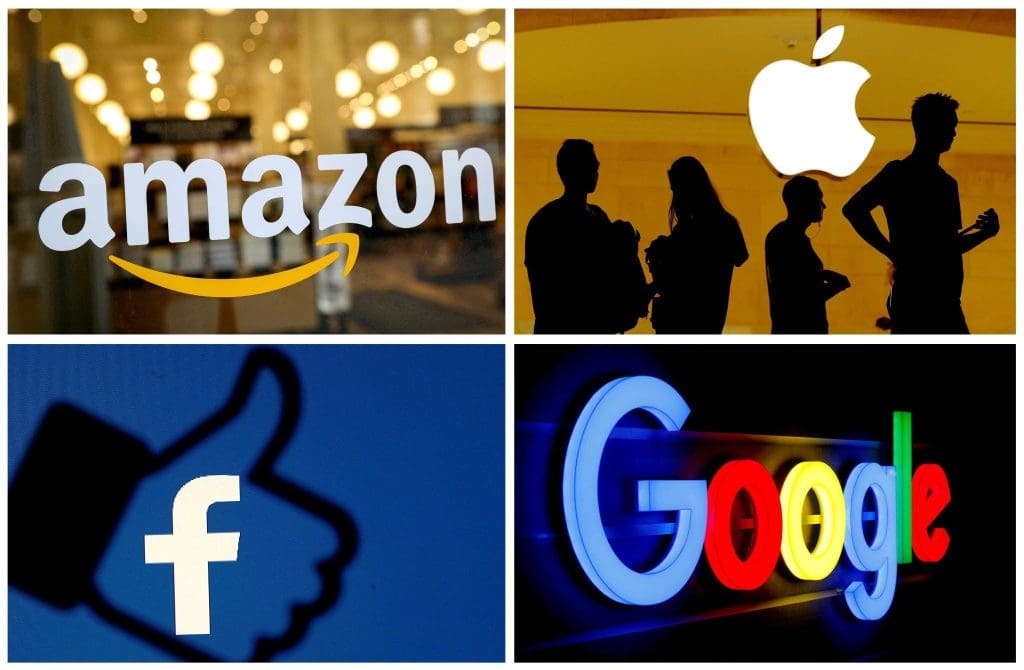
The bills that were passed by the House of Representatives would make it easier to break up businesses that used their dominance in one area to get a stronghold in another. This would potentially create obstacles for conglomerates trying to procure/monopolize rivaling companies. Conversely, it would also provide funding for regulators to police company protocol.
Should the legislation go into effect, it would change the playing field for many, first and foremost increasing the threshold at which any acquisitions or mergers by big-tech weren’t the results of obstructing competition from third-party sellers or start-ups within their own platform. More specific to Amazon, the new legislation could revoke Amazon’s privilege of selling their over-100 companies on its platform which indefinitely allows the conglomerate the ability to sell cheaper items and utilize PPC strategies that undercut their competitors.
Simply put: Amazon shouldn’t have the ability to sell their own products in a way that directly competes and undercuts those that are using their platform to operate their own business.
Amazon’s Unique Platform Allows Sellers Multiple Advantages
Jeff Bezos has long contributed the success of Amazon to its laser focus on customer happiness. Their quick shipping and logistics coupled with their endless selection of items play a massive part in their strategy to surpass consumer expectations and maintain a loyal customer base.
To deliver on that promise, the strategy has been a long game. It took 7 years for Amazon to turn a profit as they reinvested in building infrastructure and working on their now-famous operational capacity that has set them head and shoulders above any other marketplace. But with such concern over their customers, the question remains: What about their sellers?
While Amazon holds strong that their unique FBA management solutions and their unrivaled bandwidth provides all their sellers a fair and advantageous opportunity over other seller platforms, some merchants would disagree. The behemoth’s pay-to-play set-up (which can be evidenced in PPC rates skyrocketing within the last year) suggests that third-party sellers really aren’t utilizing a fair playing field.

Amazon Has Made Some Monopolizing Decisions in The Past For Sellers
As a result of rising PPC costs and competition, many sellers started to expand to other sales channels that didn’t require such high fees, Amazon came back with a “most favored nation clause’ to add to their seller agreements. The “most favored nation” stated that “You will maintain parity between the products you offer through [other platforms] and the products you list on any Amazon site.” This effectively stated that price, product description, and standards needed to be maintained on all platforms. Amazon’s stance was that it was trying to prevent sellers from price gouging. Yet many contended that it was really to ensure traffic wasn’t driven away from Amazon due to better pricing and advertising.
In 2019, Amazon updated this specific language after antitrust scrutiny, following suit from 6 years prior when they were forced to remove it for similar backlash in the UK. Stories came in of sellers who tried to lower their prices on other platforms only to have their listings suppressed on Amazon within a week. Reports say this wasn’t coincidental given that, when these other competing listings were removed, their Amazon presence was reinstated.
This sort of preemptive gaslighting didn’t stop there. Unsurprisingly, the other seller-funded cash machine on the famous marketplace is advertising. Amazon is the third-largest digital advertising company, outpacing the revenue of Snap, Twitter, Roku, and Pinterest combined – twice over. This only widened the gap between sellers who did or did not choose to pay up, making it nearly impossible for sellers that couldn’t afford PPC to climb the pages of Amazon’s catalog.
Should Amazon Be Allowed to Compete with Their Sellers?

With FBA fees incrementally increasing (particularly around the holidays) and advertising spend pushing self-fulfilling, organic sellers further and further down SERPs, many Amazon sellers have found it nearly impossible to compete with Amazon brands, big companies like Reebok and Apple, and recent aggregators/M&A’s that can afford egregious amounts of advertising real estate.
Amazon has reported that 92% of their third-party sellers utilize FBA, and in 2020 contributed $80.5 billion to their bottom line. This comes as little surprise given the practices highlighted above. Merchants can feel left with little choice other than to utilize FBA services, particularly with the Prime Badge incentivizing Prime members to only purchase products that offer 2-day delivery. Which, for a free marketplace, doesn’t seem so free after a while.
With over 100 private-label brands – not including Amazon Basics – it would appear that Amazon is in direct competition with the same sellers who’ve bolstered and grown the marketplace.
While Amazon claims that the use of their proprietary sales data is simply meant to inform their private label businesses of opportunities and sales trends, this information would obviously give them an edge over any company on their platform (even though Amazon remains unwavering in their claim that they do not look at individual seller data but rather data in aggregate. Regardless, the access to information that only can be known at a platform level can only be interpreted as an unfair competitive advantage over individual sellers. This is the crux of any antitrust accusations to Amazon’s private-label business; that they’ve taken advantage of their competition. This inside information has made them able to acquire, copy, and stifle the competition of these same third-party sellers that once made Amazon the behemoth that it is today.
What Happened in Washington?
In May of 2021, suits were filed against Amazon by the Attorney General of Washington D.C. over their unfair price tactics. This joined the ongoing anti-trust cases against other big tech firms – Google and Facebook. The House Judiciary Committee brought forward 6 bills in an anti-trust legislative sweep that was approved to continue in June. These bills are not directed solely at Amazon, but send a message to big tech companies in general that so far have been able to grow untouched by government regulation. If this move is for better or worse seems to be up for personal opinion. On the surface, the House legislators are trying to even the scales of government intervention across all public sectors and prevent price-fixing or manipulation under the concept of consumer protection.
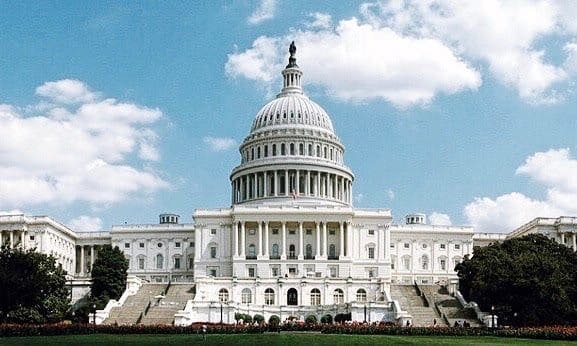
Of the 6 bills, the one most pointed towards Amazon is the Ending Platform Monopolies Act, which is sponsored by Rep. Pramila Jayapal, D-Wash. Her district covers Amazon’s headquarters in Seattle along with many other tech companies such as Microsoft. This bill aims to prevent platforms from offering a product or service that users must purchase or use in exchange for access to the platform.
If enforced, this could essentially fly in the face of Amazon where sellers pay the FBA premium in exchange for a competitive advantage. Conversely, you could look at it as a premium service offering that in no way bars other sellers from accessing the platform. Where this will land depends largely on the information that only Amazon knows and litigators hope will be uncovered in the upcoming months.
With the increased pressure upon them from lawmakers, Amazon has started to use its considerable war chest to bolster its defense with a D.C. area-based legal team, comprised of former federal prosecutors and regulators. Hoping that these insiders can use their knowledge of the system to steal Amazon against allegations that could affect its future profitability and returns to shareholders.
In addition to the in-house legal council in 2020, Amazon spent in excess of $18 million on lobbying expenditures. This is only second to Facebook’s lobbying spend and is a company record.
They’ve also decided to try to mobilize their sellers – those very people that the legislation is attempting to empower. Amazon’s approach is that big government is going to make it harder for Amazon to do business, thus affecting both vendors and sellers that rely on their domain. In conjunction with an email they sent to all of their merchants, They’ve set up a website to help sellers stay up to date on the newest news, branding both communication attempts to launch fear among the very people Amazon relies on to serve its customers.
In Conclusion
The question then becomes, “Will Amazon completely change its business model if these 6 bills are formally instated? They certainly have the right to, just as any business does. But what becomes of the millions of sellers that currently utilize the marketplace to maintain their lifestyle and their dream? It seems as though sellers are being put in a tough situation: capitulate with Amazon’s commitment to utilize their own platform by selling their own products or support a bill that may change the course of their business forever.
One thing is for certain: Amazon needs to be careful that it doesn’t bite the two hands that feed it – its loyal customers that may be turned off by the new image as well as its army of FBA sellers who bolstered its web presence to stratospheric heights. This isn’t so much a tale of David and Goliath as it is a fight between David (the government) and David (tech titans). The only Goliath is the sellers and end-users in the bleachers trying to avoid being collateral damage as they look on to the ensuing battle.
The good news is that there are certain measures you can take right now to ensure quality products, customer satisfaction, and better reviews and ratings. If you want to compete with the big dogs, you have to remember that your services and products need to be seamless. Part of that entails proper quality inspection of all of your products. Listen here
as we discuss with WAPI the importance of good inspections and don’t forget to check out Movley’s website to learn how you can better your business through unique, ethical, and integrated inspection processes that are unrivaled to any other inspection company.
This is a guest post from Movley. Movley was founded by Sajag Agarwal after his e-commerce brand startup had issues with fraud and bad quality control. Despite well-engineered products, passed inspections, good factories, and good process, Sajag faced brutal worsening quality issues. In 2017, he moved to China visiting factories every day and doing his own inspections. Sajag discovered that good inspections would have identified almost all of his manufacturing defects before shipment.

